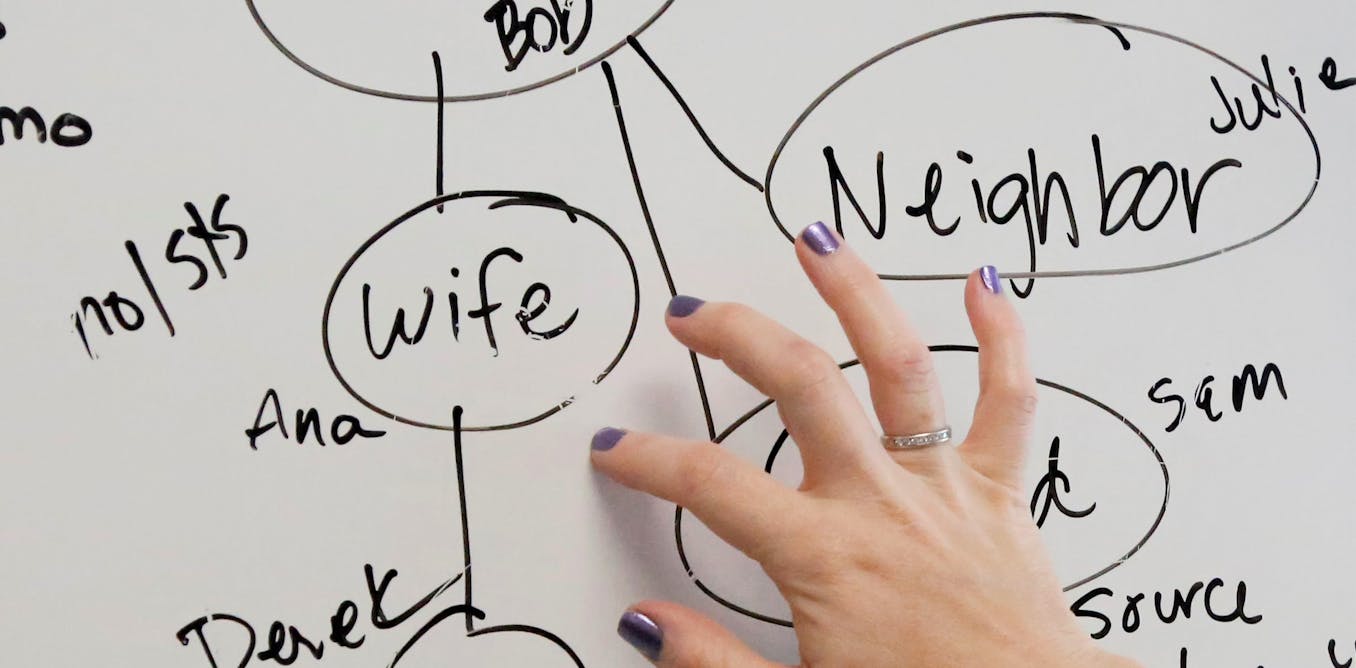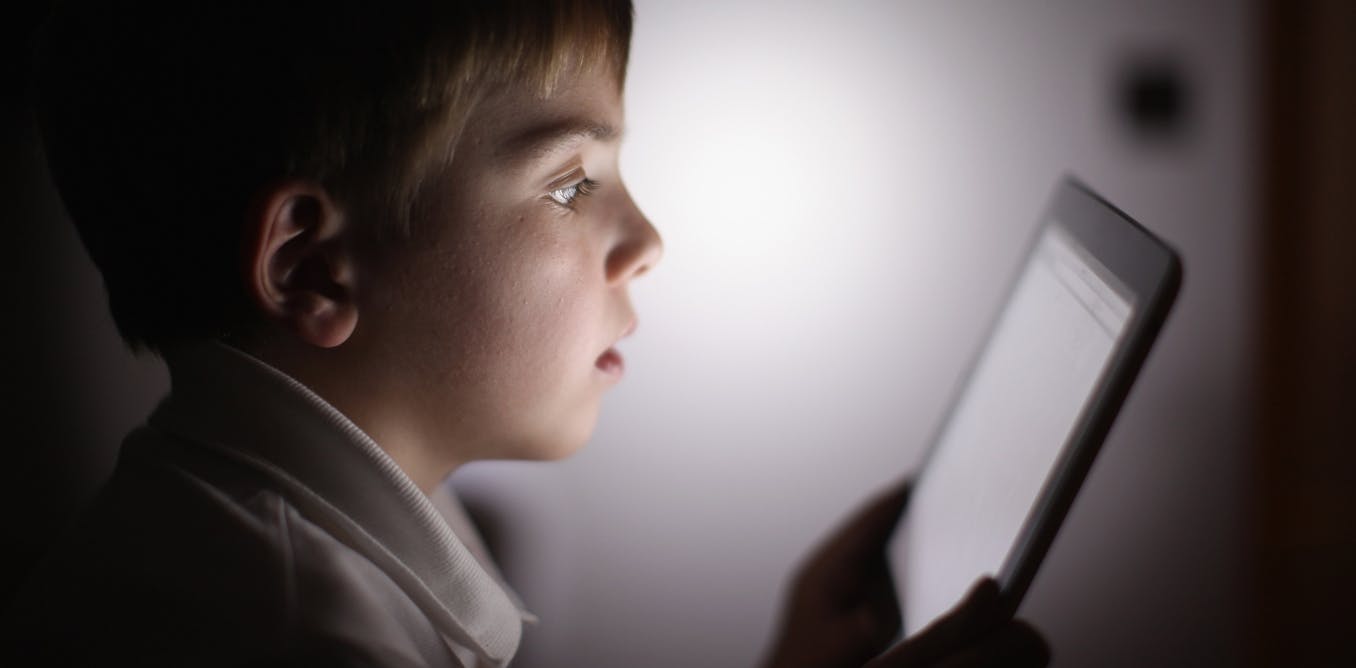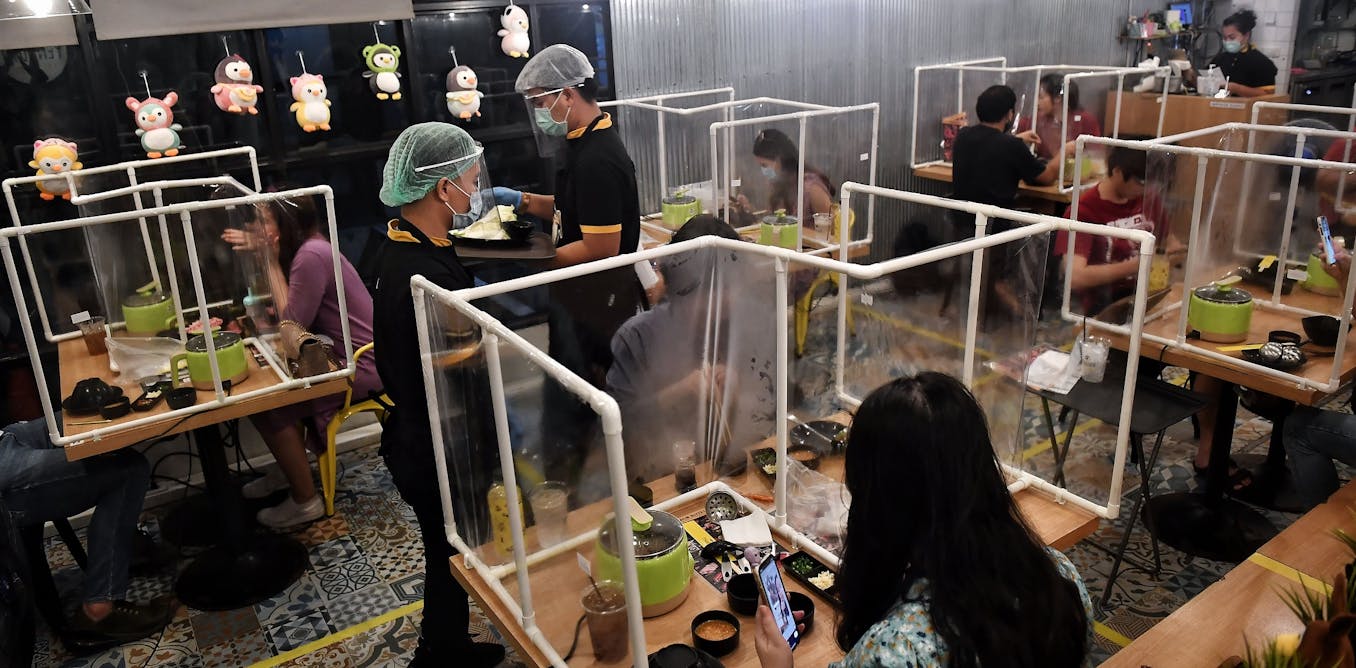How coronavirus contact tracing works in a state Dr. Fauci praised as a model to follow
Since the state's first coronavirus case surfaced, trained case investigators have traced the contacts of every person who tested positive. Here's what else South Carolina got right.
May 28, 2020 • ~9 min





